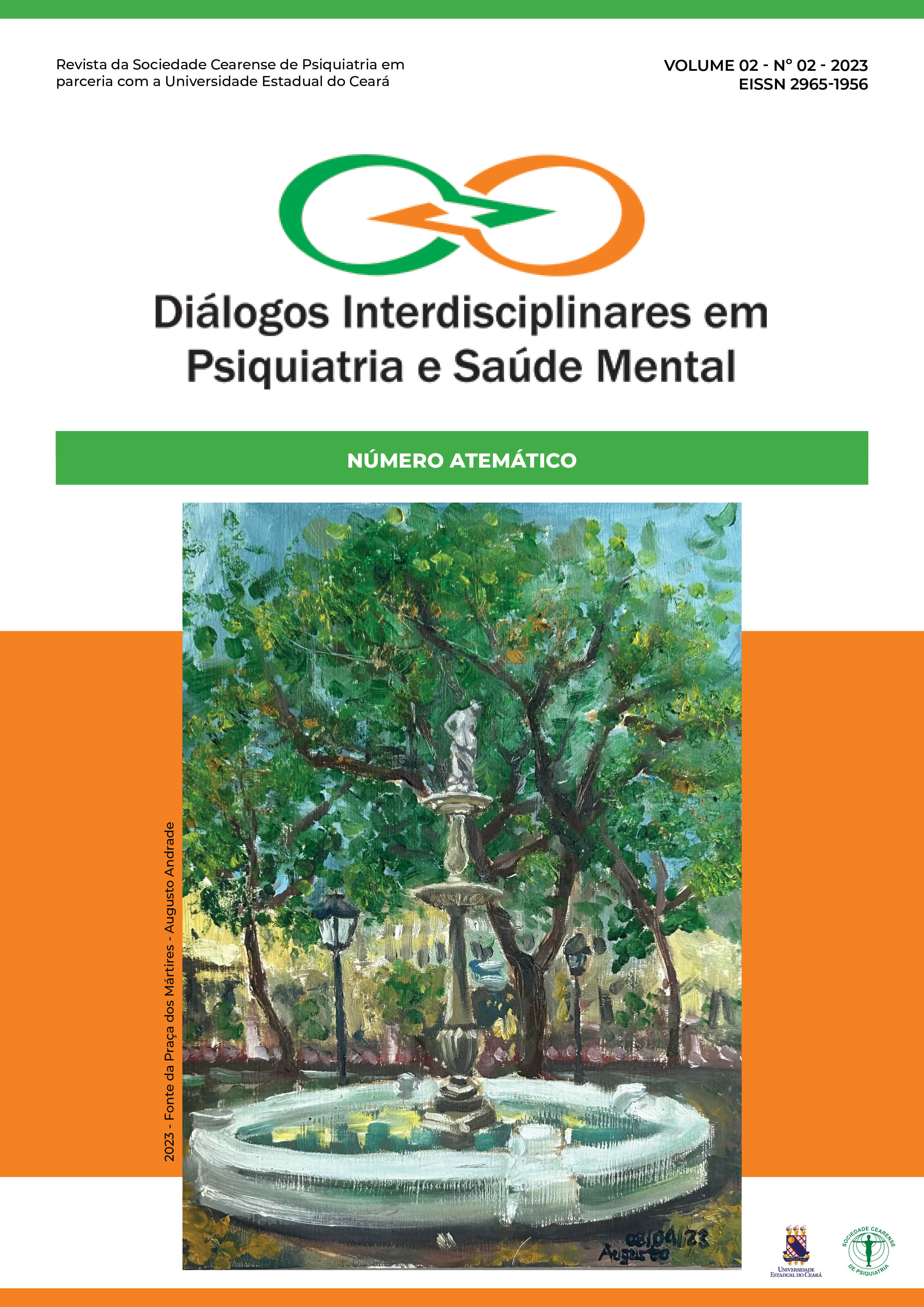Lithium salts
The most peculiar psychotropic drugs
DOI:
https://doi.org/10.59487/2965-1956-2-12306Keywords:
Lithium Carbonate, Psychotropic Drugs, History of MedicineAbstract
Objective: to succinctly review the history of the development and use of lithium as a psychotropic drug. Methodology: narrative review, with collection of historical data linked to the discovery of the element and its translation to clinical use. Results: the discovery of lithium took place in the 19th century, and was initially explored in the field of inorganic chemistry. Its development as a psychotropic drug took place slowly and was permeated by resistance from the scientific community, even with promising results from the beginning. Subsequent regulation by the US Food and Drug Administration was marked by controversy, as the agency seemed to ignore the available scientific evidence. Despite so many adversities, lithium has established itself as one of the most important drugs in the treatment of bipolar disorder. Conclusion: the case of lithium very well exemplifies the difficulties in developing and approving medicines with low profit potential. Doctors must be careful to judge the indication of medications based on their clinical effectiveness and not based on market factors.
Downloads
References
Fountoulakis KN, Tohen M, Zarate CA. Lithium treatment of Bipolar disorder in adults: A systematic review of randomized trials and meta-analyses. European Neuropsychopharmacology. janeiro de 2022;54:100–15.
Rother ET. Revisão sistemática X revisão narrativa. Acta paul enferm. junho de 2007;20(2):v–vi.
Soares LS, Rodrigues LDC, Martins LN, Silveira FDR, Figueiredo MLF. Literature Review: particularities of each type of study. Revista de Enfermagem da UFPI. dezembro de 2013; 2(spe): 14-8.
D’Andraba. Des caractères et des propriétés de plusieurs nouveaux minérauxde Suède et de Norwège, avec quelques observations chimiques faites sur ces substances. Journal de Physique, de Chimie, d’Histoire Naturelle, et des Arts. 1800;51:239–46.
Berzelius J. Ein neues mineralisches Alkali und ein neues Metall. Journal für Chemie und Physik. 1817;21:44–8.
Brande WT. A Manual of Chemistry. 2o ed. Vol. 2. London: John Murray; 1821.
Courtney A. A brief history of the development of the period table [Internet]. 1997 [citado 16 de setembro de 2022]. Disponível em: https://people.wou.edu/~courtna/ch412/perhist.htm
Shorter E. The history of lithium therapy. Bipolar disorders. junho de 2009;11(Suppl 2):4–9.
Marmol F. Lithium: Bipolar disorder and neurodegenerative diseases Possible cellular mechanisms of the therapeutic effects of lithium. Progress in Neuro-Psychopharmacology and Biological Psychiatry. Dezembro de 2008;32(8):1761–71.
Schou M. Lithium treatment at 52. Journal of Affective Disorders. dezembro de 2001;67(1–3):21–32.
Davis JM, Janicak PG, Hogan DM. Mood stabilizers in the prevention of recurrent affective disorders: a meta-analysis. Acta Psychiatrica Scandinavica. dezembro de 1999;100(6):406–17.
Downloads
Published
How to Cite
Issue
Section
License
Copyright (c) 2023 Ilgner Justa Frota, Rayanne Silva Vieira Lima

This work is licensed under a Creative Commons Attribution 4.0 International License.














